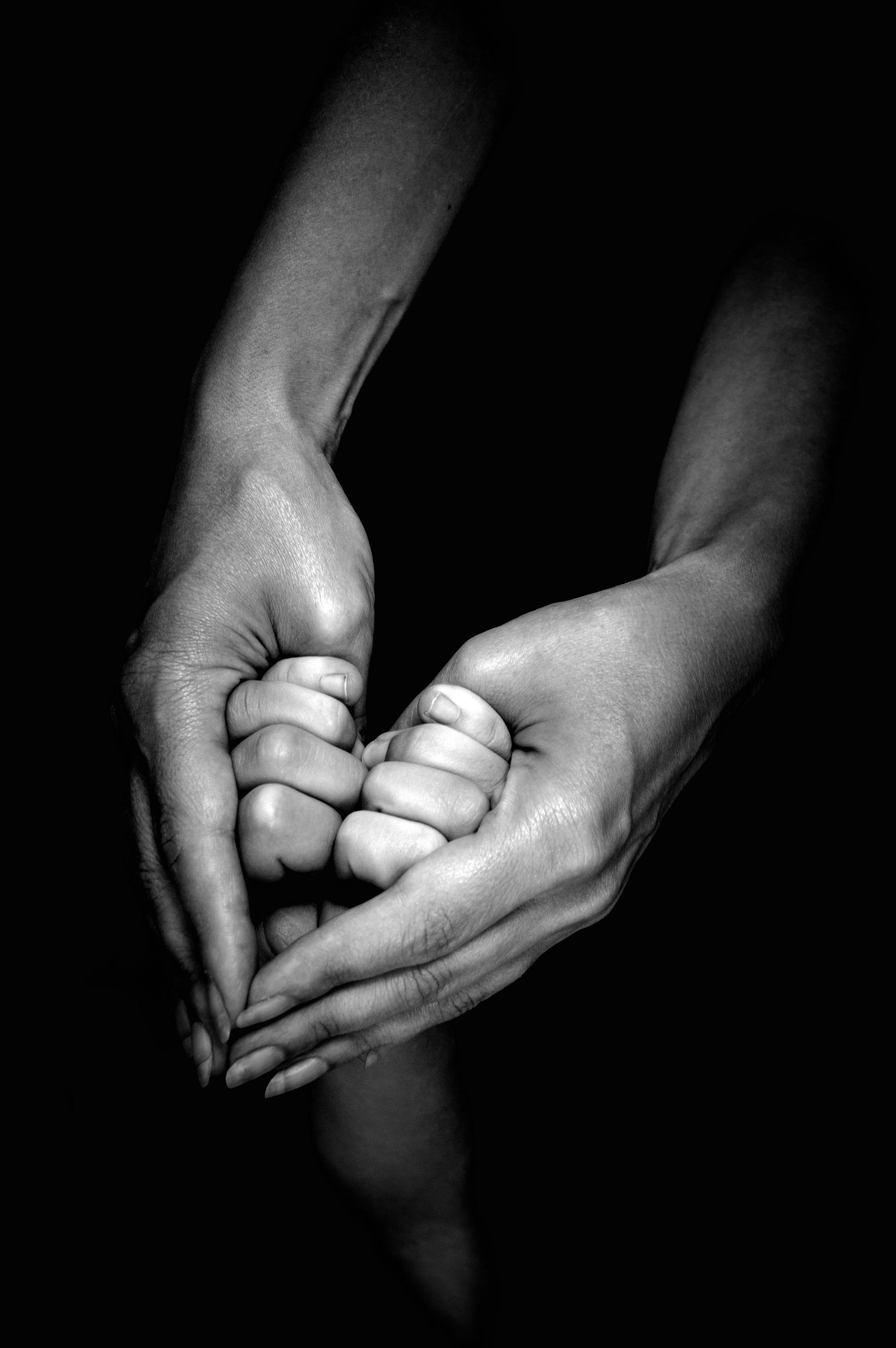WESTERFIELD SELECTED JOINS COUNCIL ON CRIMINAL JUSTICE WOMEN’S JUSTICE COMMISSION
FRANKFORT, KY (July 9, 2024) – Senator Whitney Westerfield, R-Fruit Hill, has been selected to serve on the Council on Criminal Justice Women’s Justice Commission, an independent, multi-year national research, policy, and communications initiative established to document and raise awareness of the unique challenges facing women in the justice system. The Commission was convened by the Council on Criminal Justice (CCJ), a national, nonpartisan think tank and invitational membership organization.
Chaired by former U.S. Attorney General Loretta Lynch, the Commission includes 15 other ideologically diverse leaders representing law enforcement, legislative offices, courts, corrections, medicine, research, advocacy, and directly impacted individuals, along with a group of expert advisers with decades of experience in women's justice issues. Oklahoma First Lady Sarah Stitt, who is a longtime advocate for breaking generational trauma among women due to substance abuse and mental health issues, is serving as Senior Adviser.
“I am honored to be asked to serve on the Women’s Justice Commission,” said Westerfield. “Kentucky was the first in the nation to enact its own ‘Dignity Bill’ providing fundamental protections to restore dignity to incarcerated women and mothers. By the numbers, we are ignoring women in the justice system and the unique challenges and trauma they encounter. The ripple effects of this are felt throughout society, for generations. I believe there are commonsense, data driven policy changes worth pursuing nationwide to do much better, and I look forward to working with my fellow commissioners in this endeavor."
The incarceration rate for women in U.S. prisons and jails has trended upward in recent decades, and while there are significantly more men than women behind bars, justice-involved women face unique challenges and have distinctive needs that frequently go unaddressed. Most come from backgrounds of poverty and trauma, and they are more likely than justice-involved men to be victims of physical and sexual abuse, suffer severe substance use and mental health issues, and to have experienced homelessness in the year prior to incarceration. In addition, women are now just as likely as men to be victims of violent crime; in 1993, women represented 41% of all violent victimizations.
In conjunction with its launch, the Commission released two comprehensive reports – Women's Justice: A Preliminary Assessment of Women in the Criminal Justice System and Women’s Justice: By the Numbers – that paint a statistical portrait of justice-involved women and establish a foundation for the panel’s work. Among other findings, the reports show that:
The incarceration rate for women in U.S. prisons and jails increased dramatically (+431%) from 1982 through 2007, and then flattened as the number of incarcerated men began to fall. As incarcerated populations rebounded in 2021 and 2022 after COVID-related reductions, the increase of the female population in jails and federal prisons outpaced that of men.
Growth in arrest rates for women (41% higher in 2019 than in 1980) is due in part to a rise in arrest rates for violent crimes (317% higher in 2019 than 1980) and drug crimes (63% higher in 2019 than 1980).
More than half of the women in state and federal prisons are parents to minor children, and an estimated three of four women in local jails are mothers. Prior to incarceration, mothers were more than twice as likely as fathers to be the sole or primary caretaker of their children.
In 2022, three-fourths of women (74%) under correctional control were serving a probation sentence (compared to half of men, 49%).
Females released from a sample of state prison systems were less likely to recidivate than their male counterparts (63% to 72%).
Over the next three years, the Commission will build consensus for evidence-based reforms that enhance safety, health, and justice for women and their children, families, and communities. The Commission’s work will span the full scope of the adult justice system—from arrest and diversion through prosecution, incarceration, release, community supervision and reentry—focusing on trauma-informed and gender-responsive prevention and intervention strategies. While the Commission will focus on challenges in the adult criminal justice system, it will also explore how girls and their involvement with the juvenile justice system influence those outcomes.
The Commission includes:
Loretta Lynch (Chair) - Former U.S. Attorney General; Partner, Paul, Weiss LLP
Courtney Bryan – Executive Director, Center for Justice Innovation
Norma Cumpian – Assistant Deputy Director, Anti-Recidivism Coalition
Nancy Gertner – Retired Judge, U.S. District Court for the District of Massachusetts; Senior Lecturer, Harvard Law School
Ed Gonzalez – Sheriff, Harris County, Texas
Leticia Longoria-Navarro – Executive Director, The Pathfinder Network
Chris Mathias – Representative, Idaho State Legislature
Anne Precythe – Owner, Precythe Sturm Advisory Group, LLC; Former Director, Missouri Department of Corrections
Emily Salisbury – Associate Professor of Social Work & Director, Utah Criminal Justice Center, University of Utah
Topeka K. Sam – Founder, The Ladies of Hope Ministries
Communications Toolkit
Brenda V. Smith – Professor, American University Washington College of Law; Director, Project on Addressing Prison Rape
Jillian Snider – Policy Director, Criminal Justice and Civil Liberties, R Street Institute; Retired Officer, NYPD
Carolyn Sufrin – Associate Professor, Johns Hopkins School of Medicine, Department of Gynecology and Obstetrics; Founder and Director, Advocacy and Research on Reproductive Wellness of Incarcerated People
Tori Verber Salazar – Founder/CEO, Law Offices of Tori Verber Salazar; Former District Attorney, San Joaquin County
Whitney Westerfield – Senator, Kentucky State Senate
Pamela Winn – President and CEO, RestoreHER US. America
About the Council on Criminal Justice
The Council on Criminal Justice (CCJ) is a nonpartisan invitational membership organization and think tank that advances understanding of the nation's criminal justice policy challenges and builds consensus for solutions based on facts, evidence, and fundamental principles of justice.
As part of its array of activities, the Council conducts research. It convenes independent groups of members and experts that produce reports with findings and policy recommendations on matters of concern. The findings and recommendations of the Women’s Justice Commission are its own; neither the Council’s Board of Directors nor its Board of Trustees will approve or disapprove the Task Force’s work.
###






